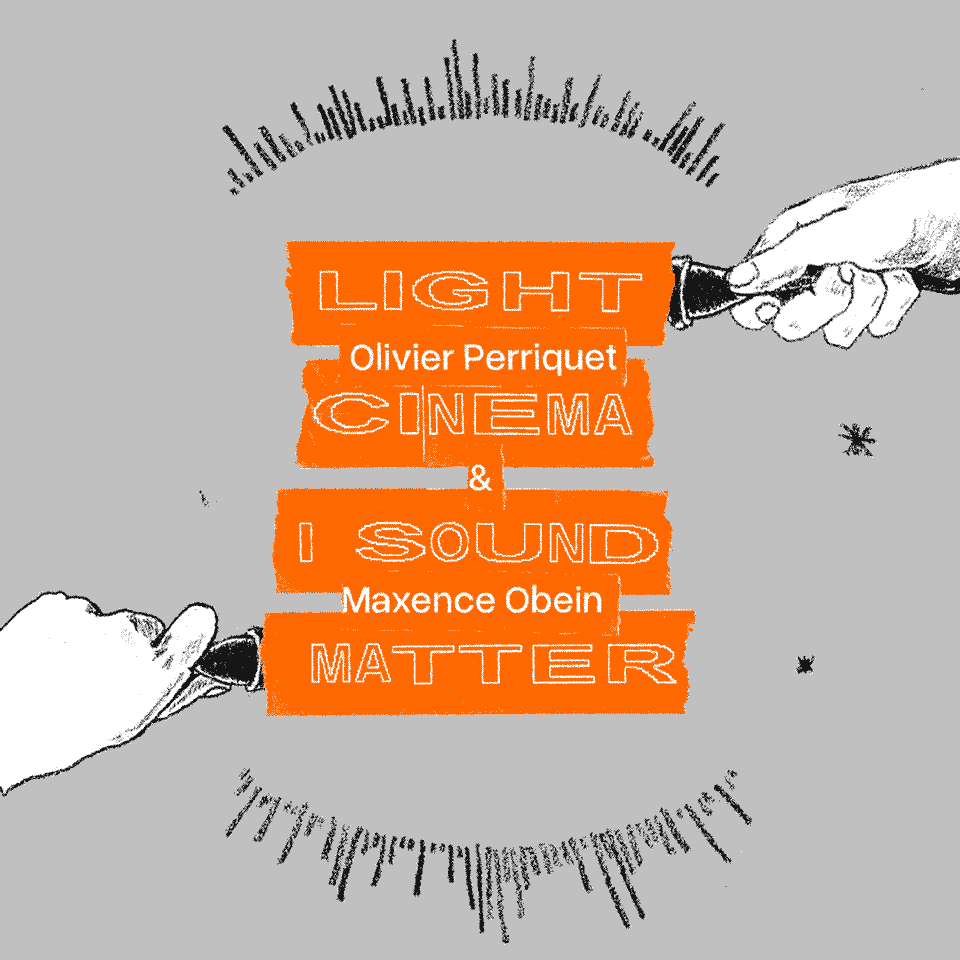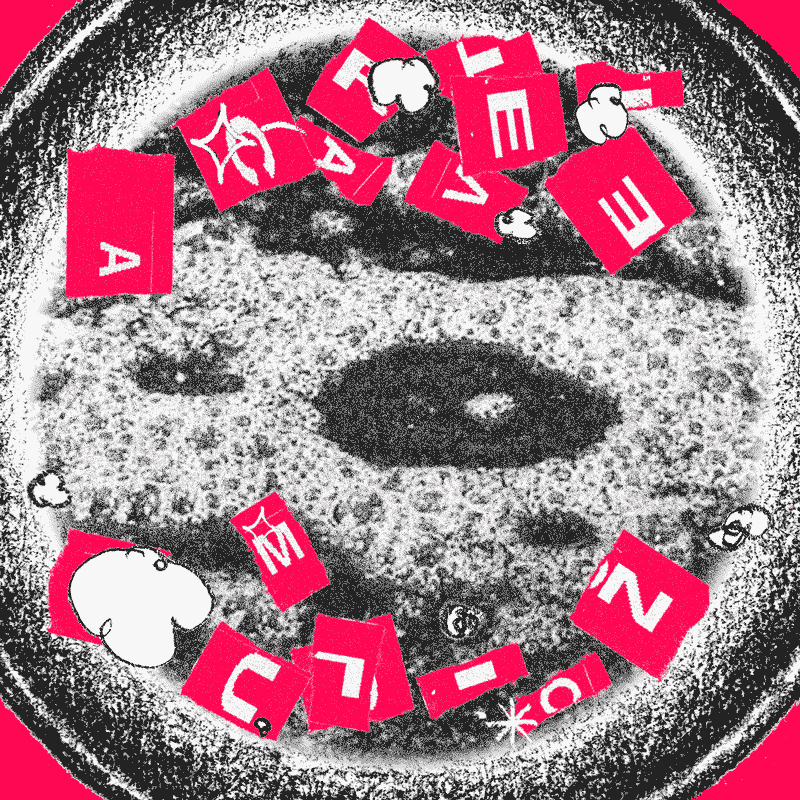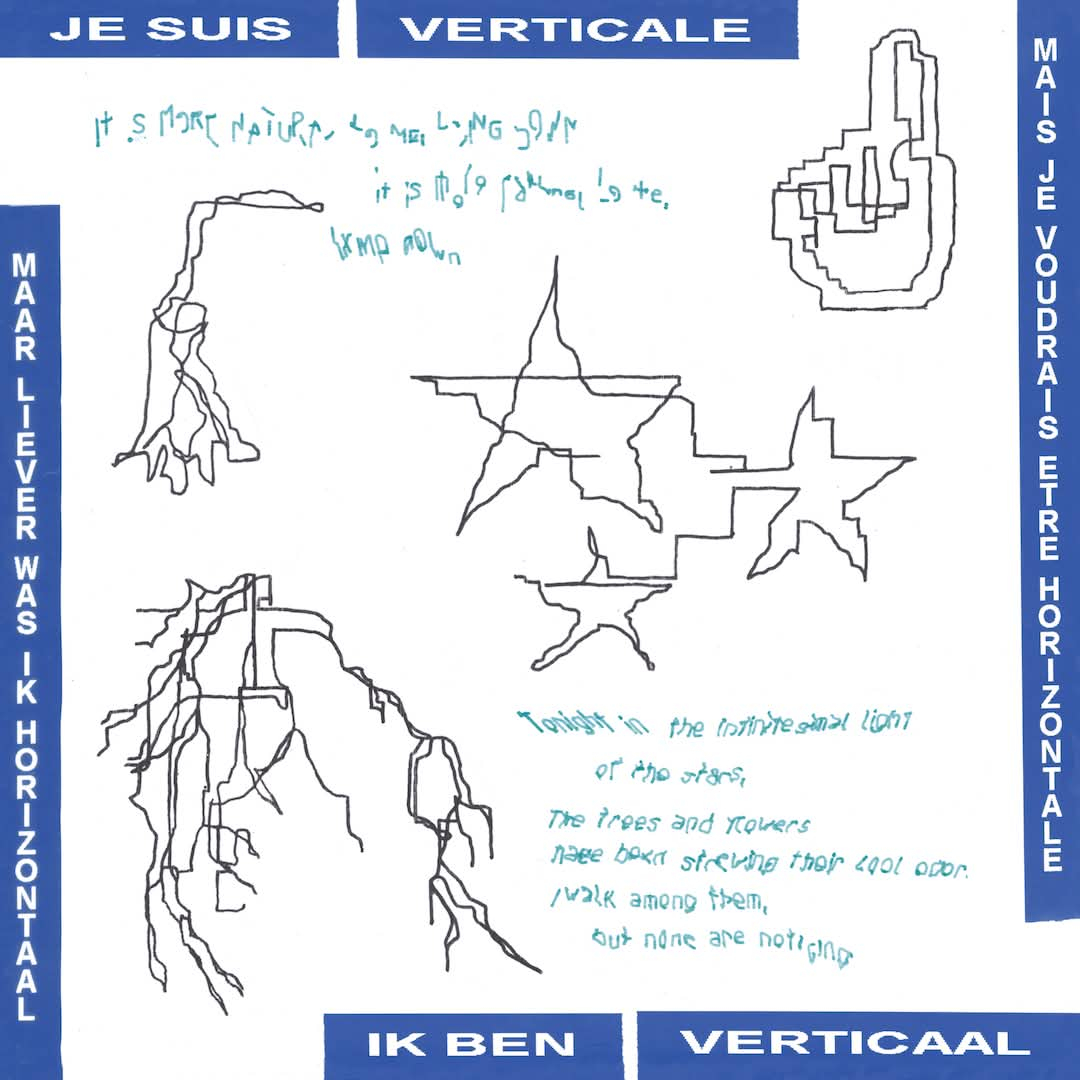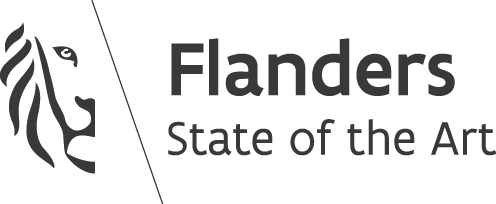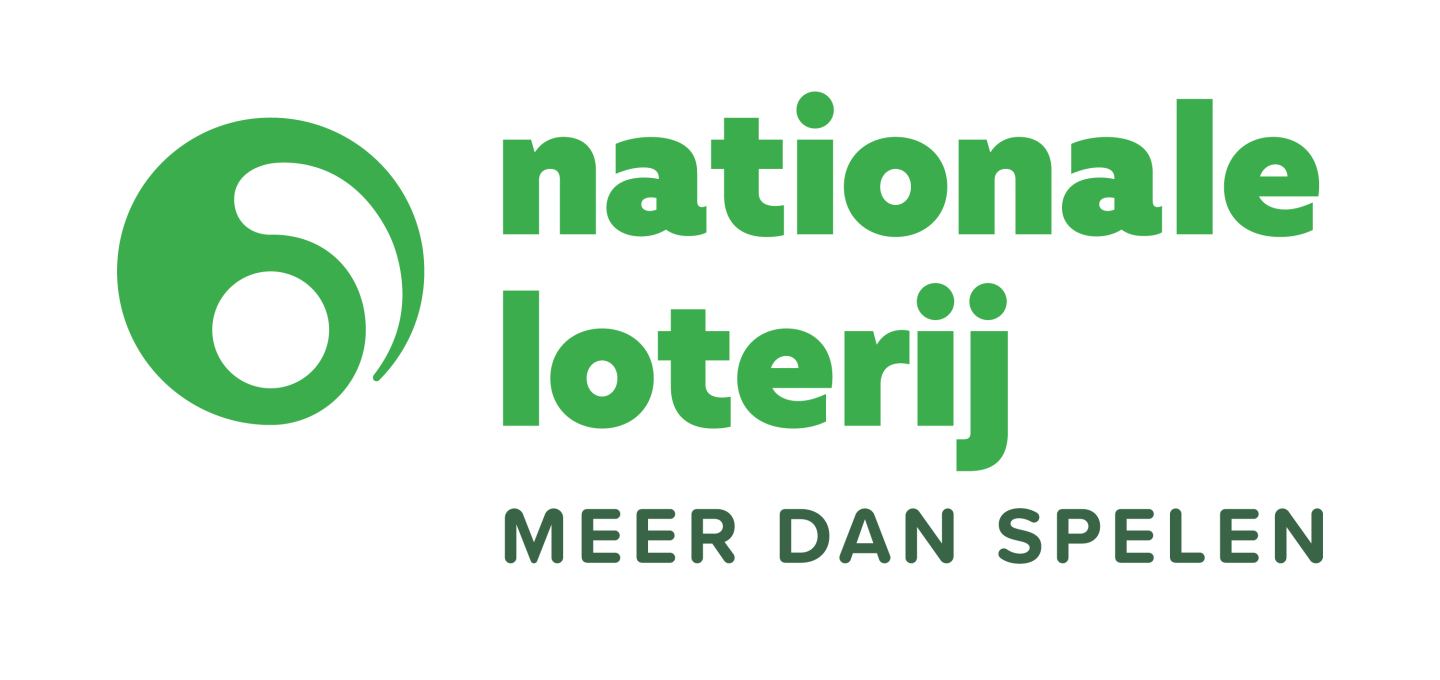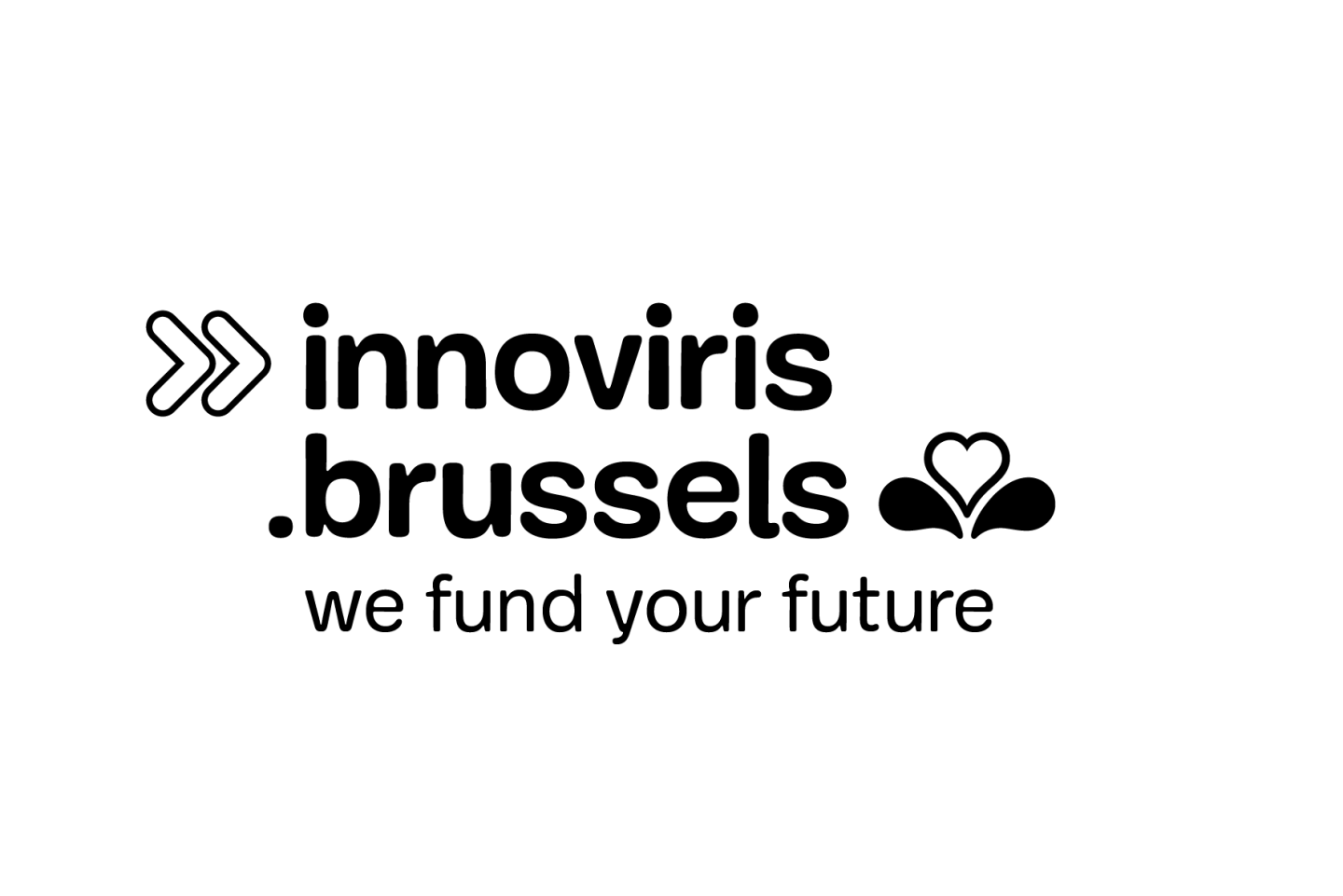And what if we cooked with batteries?
—

Batteries have become a ubiquitous method of storing energy. From TV remotes to smartphones to now even electric cars, batteries of different types and sizes and chemical compositions power many of the devices we interact with. In the last few years, they have also become an essential part of the transition towards a sustainable future. But is a battery-powered society really sustainable?
In this workshop, we will discuss alternatives to current energy models, while trying to make energy more tangible through playful exercises and DIY prototypes that will remind us what a Watt is. We will collectively explore the history of batteries, discuss their challenges and shortcomings, make our own batteries, and who knows, we might even cook with them!
PRACTICAL INFO
Friday & Saturday: 10:00—18:00
Sunday afternoon: informal presentation of the results
No pre-requisites.
Book your seat!
Tickets for the workshops
Tickets get you a seat for the 3 days of the workshop (19/09→21/09)
- Full price • 80€
- Friendly price for students, teachers, citizens of Molenbeek, unemployed, 65+, Fablab members • 50€
Combo tickets workshop + dinners
Workshop participants are invited to join the dinners on Friday & Saturday evening with a special price of 8€ per dinner instead of 15€!
- Full price + 1 dinner • 88€
- Full price + 2 dinners • 96€
- Friendly price + 1 dinner • 58€
- Friendly price + 2 dinners • 66€
👀 Is the booking platform telling you "No slot found"? Please check that you have selected 19/09 as a date!
Marie Verdeil (she/her) is a french designer based in Brussels, Belgium. Its cross-disciplinary projects - websites, teaching guides, installations, publications, tools, etc. - claim an autonomous, transparent, eco-conscious and critical approach to technology. Since graduating from the Design Academy of Eindhoven (NL, 2022), she approaches design as a means of (re)thinking everyday imaginaries that reveal and align with planetary limits.
Marie works closely with Low-tech Magazine, an alternative, techno-critical medium. She is responsible for the visual direction of the magazine (graphics, illustrations, documentation). Together with Kris De Decker, they design low-tech prototypes, draw up self-build guides and co-host workshops that encourage us to question our relationship with energy through practice, hacking and subversion.
She has worked with various European institutions in a variety of formats: round-table discussions, presentations, practical workshops, residencies (FabLab Barcelona (ES), Gentler Futures Festival (PO), Fiber Festival (NL), Het Nieuwe Instituut (NL), etc.).
🔗 https://www.verdeil.net/
🔗 https://www.instagram.com/marie_verdeil/
🔗 https://post.lurk.org/@marieverdeil
Dasha Ilina is a Russian techno-critical artist based in Paris, France. Through the employment of low-tech and DIY approaches, her work questions the desire to incorporate modern technology into our daily lives by highlighting the implications of actually doing so. Her practice engages the public in order to facilitate a space for the development of critical thought regarding social imperatives for care of oneself and others, privacy in the digital age, and the reflexive contemporary urge to turn to technology for answers. She is the founder of the Center for Technological Pain, a project that proposes DIY solutions to health problems caused by digital technologies for which she has received an Honorary Mention at Ars Electronica. Her project Technosommeil is in the collection of digital art works of the Département Val-de-Marne (Mallapixels). Ilina’s work has been exhibited at institutions such as Centre Pompidou (FR), MU Artspace (NL), Gaîté Lyrique (FR), Hartware Medienkunstverein Dortmund (DE), NeMe (CY), ISEA 2023 (FR) as well as various talks, workshops, and performances held internationnally. She is also the co-director of NØ SCHOOL, a summer school that focuses on critical research around the social and environmental impacts of information and communication technologies.
🔗 https://dashailina.com/
🔗 https://www.instagram.com/dashesandcommas/
🔗 https://post.lurk.org/@dasha
CREDITS
Curation:
Marloes de Valk, Aymeric Mansoux, iMAL team (Yannick Antoine, Élie Bolard, Lucía García & Louise Wadier)
Curatorial & production assistance:
Boris Daems
Graphic Design:
Camille Chautru
Technical team:
Pierre Émile Gérard, Daniel Romero Calderón
Mediation team:
Fatoumata Bangoura, Maxime D’Altoe, Silvia Sartorio, Cecilia Quiroga, Paz Quiroga, Jeffrey Wynnyk
Translations:
William Vanderborght & iMAL team
Video documentation:
Kristina Ianatchkova
Thanks to:
Ischa Tallieu, Sam Tubbex, Ysa Parrini, Vivien Roubaud

